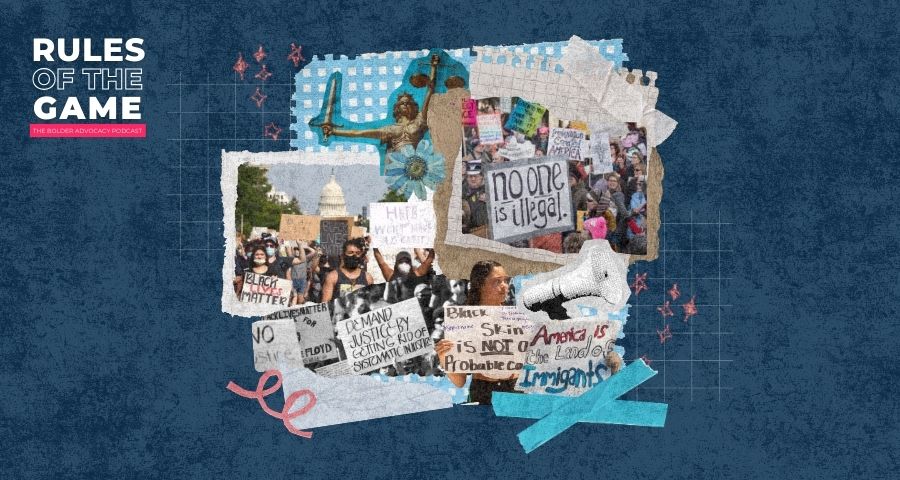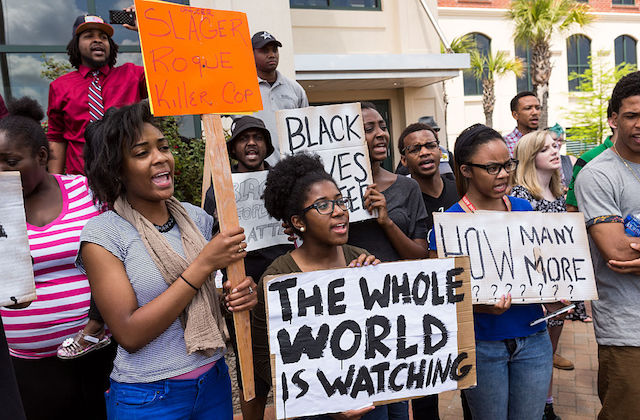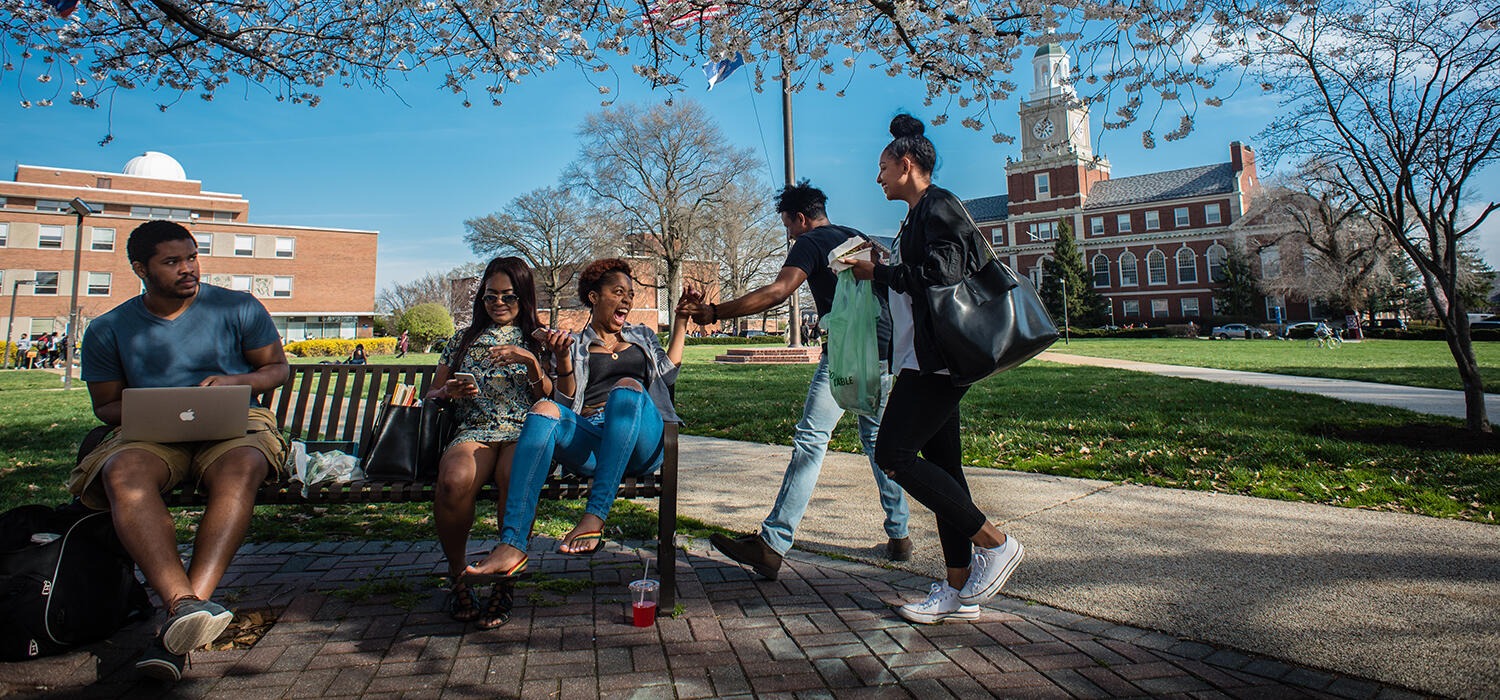Trey Reed Case: Comprehensive Analysis of the Delta State University Investigation and Its Broader Implications
Trey Reed Case: Comprehensive Analysis of the Delta State University Investigation and Its Broader Implications

Table of Contents
- Case Overview: The Discovery
- Official Investigation Findings
- Family Response and Legal Action
- Community Reaction and Civil Rights Advocacy
- Independent Autopsy Initiative
- Historical Context and Significance
- Campus Impact and Student Reactions
- Mental Health Awareness and Support Resources
- Ongoing Developments and Future Steps
- Frequently Asked Questions
The tragic death of Demartravion "Trey" Reed, a 21-year-old Black student at Delta State University in Cleveland, Mississippi, has sparked intense scrutiny, civil rights advocacy, and calls for transparency in the investigation. Reed's body was discovered on September 15, 2025, hanging from a tree on the university campus, an incident that immediately raised questions and concerns within the community and beyond.
Case Overview: The Discovery and Initial Response
On Monday morning, September 15, 2025, at approximately 7:05 a.m. local time, university police discovered Reed's body hanging from a tree behind the pickleball courts on Delta State University's campus. The discovery occurred on what was supposed to be a day of celebration for the university's centennial anniversary, forcing the immediate cancellation of classes and planned festivities.

Reed, originally from Grenada, Mississippi, was a student at the predominantly white institution that serves over 2,600 students, with more than 40% identifying as Black. The location of the incident, in Cleveland, Mississippi, carries particular historical weight as it sits near areas associated with some of the most notorious racial violence in American history, including the lynching of 14-year-old Emmett Till.
Immediate Investigation Response
University Police Chief Michael Peeler and Delta State University President Dan Ennis held a news conference on the day of the discovery, stating there was no evidence of foul play and characterizing the incident as "isolated" with no active threat to students or faculty. Multiple law enforcement agencies, including the Cleveland Police Department, Mississippi Bureau of Investigation, and eventually the FBI, became involved in the investigation.
Official Investigation Findings and Autopsy Results
On September 18, 2025, the Mississippi State Medical Examiner's Office released its autopsy findings, concluding that Reed died by suicide. According to the Cleveland Police Department's official statement, the autopsy determined that the cause of death was hanging and the manner of death was suicide, findings that were "consistent with the initial investigation and preliminary examination by the local coroner's office."

The toxicology results, which may provide additional insight into the circumstances surrounding Reed's death, are still pending and expected to take two to four weeks to complete. All investigation materials have been turned over to the Federal Bureau of Investigation and the U.S. Attorney's Office for review, as announced by local authorities.
Coroner's Preliminary Findings
Bolivar County Coroner Randolph Seals Jr. issued a statement on September 15, addressing rumors that had circulated on social media regarding Reed's physical condition. The coroner's office confirmed that Reed "did not suffer any lacerations, contusions, compound fractures, broken bones, or injuries consistent with an assault" and stated there was "no evidence to suggest the individual was physically attacked before his death."
Family Response and Legal Action
Reed's family has challenged the official findings and is seeking an independent investigation into his death. The family has retained prominent civil rights attorneys Ben Crump and Vanessa J. Jones to represent their interests and ensure a thorough examination of the circumstances surrounding Reed's death.
According to the family's legal representatives, there were inconsistencies in the initial information provided to them about Reed's death. Attorney Vanessa J. Jones revealed that the Grenada County Sheriff's Department initially informed the family that Reed was "found dead in his dorm room, in his bed," which contradicts the actual location where his body was discovered.

Discrepancies in Initial Communication
Reed's grandfather, J.B. Reed, reported that a member of the Bolivar County Sheriff's Department told him about the death and "didn't even say possible suicide, he said suicide," raising questions about the predetermined nature of the investigation's conclusions before a thorough examination could be completed.
Community Reaction and Civil Rights Advocacy
The case has drawn significant attention from civil rights organizations and political leaders, many of whom have called for federal intervention and transparent investigation practices. The NAACP issued a strong response on social media, stating, "You'd have to excuse our skepticism amidst growing racially motivated violence targeted at our communities across this nation."
U.S. Representative Bennie Thompson, a Mississippi Democrat, called for a federal probe into Reed's death, emphasizing the need for thoroughness given Mississippi's "painful history of lynching and racial violence against African Americans." Thompson's statement reflects broader concerns about the historical context in which this tragedy occurred.

Social Media Response and Public Skepticism
The case has generated significant discussion on social media platforms, with many users expressing skepticism about the official findings and demanding greater transparency in the investigation. The NAACP's social media post, which included the stark statement "A man was lynched yesterday," reflects the deep-seated concerns within the African American community about historical patterns of violence and the potential for injustice.
Independent Autopsy Initiative and Colin Kaepernick's Involvement
In a significant development, former NFL quarterback and civil rights activist Colin Kaepernick announced that his "Know Your Rights Camp Autopsy Initiative" will fund an independent autopsy of Reed's body. This initiative, designed to provide families with access to independent medical examinations in cases of suspicious deaths, represents a crucial step in ensuring thorough investigation practices.
Attorney Ben Crump announced the independent autopsy initiative, stating that "peace will come only by getting to the truth." The independent examination will be conducted once Reed's body is released from the state medical examiner, providing the family with additional medical perspective on the circumstances of his death.

Demands for Video Evidence
Both Crump and Jones have demanded the release of any video footage related to the incident. The attorneys have specifically called for transparency regarding surveillance cameras that should have been operating on the university campus during the early morning hours of September 15. This demand reflects the family's commitment to uncovering all available evidence in the case.
Historical Context and Significance
The location of Reed's death carries profound historical significance, particularly given Mississippi's documented history of racial violence and lynchings during the 19th and 20th centuries. Cleveland, Mississippi, is located in the Mississippi Delta region, an area that witnessed some of the most brutal episodes of racially motivated violence in American history.
The proximity to areas associated with the Emmett Till case adds additional weight to community concerns about the investigation. Till's 1955 lynching in nearby Money, Mississippi, remains one of the most notorious examples of racial violence in American history and continues to influence how similar cases are perceived and investigated.

Impact on Campus Diversity and Inclusion
Delta State University's student body demographics, with over 40% Black enrollment, make this case particularly significant for campus climate and student safety perceptions. The incident has raised important questions about support systems for minority students at predominantly white institutions and the need for comprehensive mental health and crisis intervention resources.
Campus Impact and Student Reactions
The tragedy has profoundly affected the Delta State University community, with students expressing a range of emotions from grief to confusion about the circumstances surrounding Reed's death. Kolby Horace, a 21-year-old senior studying sports management, told NBC News that students are seeking clarity and truth about what happened.
Jy'Quon Wallace, president of the African American Student Council, provided crucial eyewitness testimony about his encounter with Reed on the evening before his death. Wallace described seeing Reed engaged in what appeared to be a distressing phone conversation, noting that Reed appeared "real upset" and was "making gestures and was acting like he was throwing stuff."

Student Support and Counseling Services
In response to the tragedy, Delta State University has emphasized the availability of counseling and support services for students affected by Reed's death. University President Dan Ennis has acknowledged the need for ongoing support as the campus community processes this loss and works toward healing.
Mental Health Awareness and Support Resources
Reed's case has highlighted the critical importance of mental health awareness and suicide prevention resources, particularly on college campuses where students face unique stressors and challenges. The tragedy has sparked conversations about the need for enhanced mental health support systems and crisis intervention protocols.
According to reports from civil rights advocates, Reed was a survivor of abuse and had been courageously fighting against trauma for years. This background information emphasizes the complex factors that can contribute to mental health crises and the importance of comprehensive support systems for survivors of trauma.

Crisis Prevention and Intervention
Mental health professionals emphasize that suicide prevention requires a comprehensive approach that includes early intervention, accessible counseling services, and community support systems. Reed's case underscores the need for universities to maintain robust mental health resources and ensure that students know how to access help during crisis situations.
Ongoing Developments and Future Steps
The investigation into Reed's death continues, with federal authorities reviewing all materials provided by local law enforcement agencies. The FBI has indicated its readiness to investigate further if evidence of federal law violations emerges during the review process.
The independent autopsy funded by Colin Kaepernick's initiative represents a significant step toward ensuring thorough examination of all evidence. This parallel investigation may provide additional insights that complement or challenge the official findings from the state medical examiner.

Mississippi Department of Public Safety Commissioner Sean Tindell has condemned the spread of rumors regarding Reed's death and emphasized the importance of relying on factual information from official sources. However, civil rights advocates continue to stress the need for transparency and thoroughness in all aspects of the investigation.
Frequently Asked Questions
What were the official findings regarding Trey Reed's death?
The Mississippi State Medical Examiner's Office concluded that Demartravion "Trey" Reed died by suicide, with hanging determined as the cause of death. The findings were released on September 18, 2025, and were described as consistent with initial investigations by local authorities.
Why is the family seeking an independent autopsy?
Reed's family, represented by civil rights attorneys Ben Crump and Vanessa J. Jones, is seeking an independent autopsy due to conflicting accounts and incomplete information about the circumstances of his death. They want to ensure a thorough and impartial examination of all evidence.
Who is funding the independent autopsy?
Colin Kaepernick's "Know Your Rights Camp Autopsy Initiative" is funding the independent autopsy. This initiative provides families with access to independent medical examinations in cases involving suspicious deaths.
What is the historical significance of this case's location?
The case occurred in Cleveland, Mississippi, which is located near areas associated with historical racial violence, including the 1955 lynching of Emmett Till. This proximity adds significant historical context to community concerns about the investigation.
What role is the FBI playing in this investigation?
The FBI and U.S. Attorney's Office are reviewing all investigation materials provided by local authorities. The FBI has indicated it is prepared to investigate further if evidence of potential federal law violations emerges during their review.
How has the Delta State University community responded?
The university canceled classes and centennial celebrations on the day Reed's body was discovered. Students and faculty are receiving counseling support, and university officials are cooperating with all investigation efforts while emphasizing support for Reed's family.
Conclusion: Seeking Truth, Justice, and Healing
The case of Trey Reed represents far more than a single tragic incident—it embodies the ongoing struggle for justice, transparency, and healing within communities that have historically faced racial violence and systemic injustice. While official findings have classified Reed's death as suicide, the family's pursuit of an independent investigation reflects a broader demand for thoroughness and accountability in cases involving young Black lives.
The involvement of prominent civil rights advocates, the commitment to independent autopsy examination, and the federal review of investigation materials demonstrate the serious attention this case deserves. As the investigation continues and additional evidence emerges, the focus must remain on uncovering the complete truth while supporting Reed's family and the broader campus community during this difficult time.

If you or someone you know is struggling with mental health challenges or suicidal thoughts, help is available. Contact the 988 Suicide & Crisis Lifeline by calling or texting 988, or visit 988lifeline.org for immediate support and resources. Remember that seeking help is a sign of strength, and no one should face mental health challenges alone.

